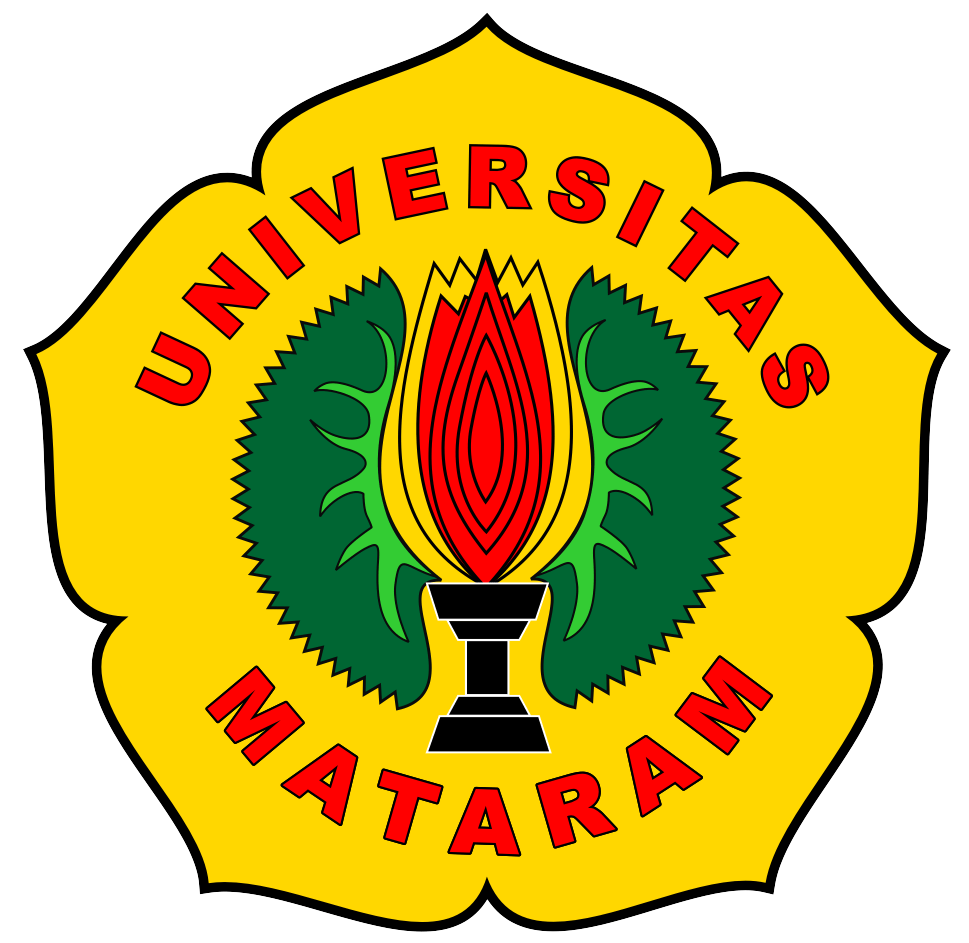ASPEK IMUNOLOGI PERAN HOMOSISTEIN DALAM PATOGENESIS GANGGUAN KOGNITIF PASCA STROKE
DOI:
https://doi.org/10.29303/jk.v9i3.4364Keywords:
Hiperhomosisteinemia, stroke iskemik, neuroinflamasi, proses neurodegeneratif, gangguan kognitifAbstract
Sekitar 70% pasien stroke iskemik akut mengalami gangguan kognitif dapat terjadi akibat langsung dari stroke iskemik itu sendiri atau merupakan interaksi dari stroke iskemik dan faktor-faktor risiko yang menyertainya. Kondisi hiperhomosisteinemia merupakan salah satu faktor risiko vaskuler yang secara patofisiologik dapat menyebabkan terjadinya gangguan kognitif pasca stroke iskemik. Kondisi tersebut dapat terjadi karena peningkatan rasio SAM/SAH akibat diet tinggi kadar methionin, predisposisi genetik berupa mutasi gen pengkode enzim, dan defisiensi vitamin B6 dan asam folat. Peran homosistein dalam patogenesis terjadinya gangguan kognitif pasca stroke saat ini belum banyak diteliti. Homosistein bersifat toksik dan dapat menginduksi terjadinya respon inflamasi sistemik, disrupsi sawar darah otak, neuroinflamasi, dan kematian sel-sel neuronal yang mengarah pada proses neurodegeneratif. Proses neurodegeneratif pada struktur otak yang mengemban fungsi domain kognitif tertentu akan menyebabkan terganggunya fungsi dari domain kognitif tersebut. Pemahaman aspek imunologi peran homosistein dalam terjadinya gangguan fungsi kognitif pada pasien stroke iskemik tersebut dapat memberikan celah kemungkinan intervensi terhadap homosistein dan respon imunologis yang ditimbulkannya sebagai bagian dari tatalaksana optimal terhadap gangguan kognitif pasca stroke iskemik.
Downloads
Published
Issue
Section
License
Authors who publish with Unram Medical Journal, agree to the following terms:
- Authors retain copyright and grant the journal right of first publication with the work simultaneously licensed under a Creative Commons Attribution 4.0 International License (CC-BY License). This license allows authors to use all articles, data sets, graphics, and appendices in data mining applications, search engines, websites, blogs, and other platforms by providing an appropriate reference. The journal allows the author(s) to hold the copyright without restrictions and will retain publishing rights without restrictions.
- Authors are able to enter into separate, additional contractual arrangements for the non-exclusive distribution of the journal's published version of the work (e.g., post it to an institutional repository or publish it in a book), with an acknowledgment of its initial publication in University of Mataram's Journal of Medicine.
- Authors are permitted and encouraged to post their work online (e.g., in institutional repositories or on their website) prior to and during the submission process, as it can lead to productive exchanges, as well as earlier and greater citation of published work (See The Effect of Open Access).
- This journal is open access journal which means that all content is freely available without charge to users or / institution. Users are allowed to read, download, copy, distribute, print, search, or link to full text articles in this journal without asking prior permission from the publisher or author.






